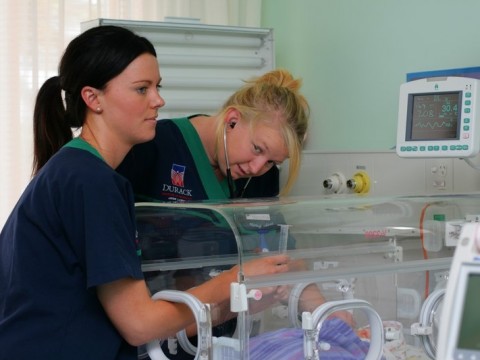RSV Strikes Most People
Respiratory syncytial virus infection, or RSV, is an infection that strikes most people, and usually before they turn two years of age. RSV is very similar to a cold infection in that it is both very contagious and very common. This virus affects the eyes, nose, throat and lungs and can be spread through coughing, sneezing or sharing food.

Some of the symptoms include coughing, runny or stuffy nose, mild throat irritation or soreness, earache and fever. It is very difficult to distinguish between a common cold and RSV because there are so very many forms of this virus and they present with similar symptoms.
RSV Especially Dangerous for Young Babies
RSV can be especially dangerous for very young babies, especially those under six months of age or those who are born premature. Complications from RSV can lead to pneumonia or other respiratory conditions. Babies with RSV can appear to have little or no energy; they are fussy and cranky and can be less hungry than usual. Wheezing presents in some young children; always call your doctor immediately if your child begins wheezing or exhibits other breathing difficulties.
Diagnosing RSV
There is a test available to diagnose RSV, though it isn’t commonly done because doctors usually know when there is an outbreak in the area. Diagnosis by symptom is often all that a doctor needs to do, though testing for confirmation may be done in more serious cases. The diagnostic test involves testing nasal fluid for evidence of the virus.
Treating RSV
Treating RSV is similar to treating a cold, and it should clear up on its own in a week or two. Give your child ibuprofen or acetaminophen to control the fever and reduce earache, prop up their head at night so they can breathe easier, and suction the infant’s nose if fluid interferes with their eating or breathing.
Anybody, at any age, can contract RSV. It is interesting to note, however, that recent studies have shown that infants who are deficient in vitamin D at the time of birth have a six times greater risk of developing RSV during their first year of life.